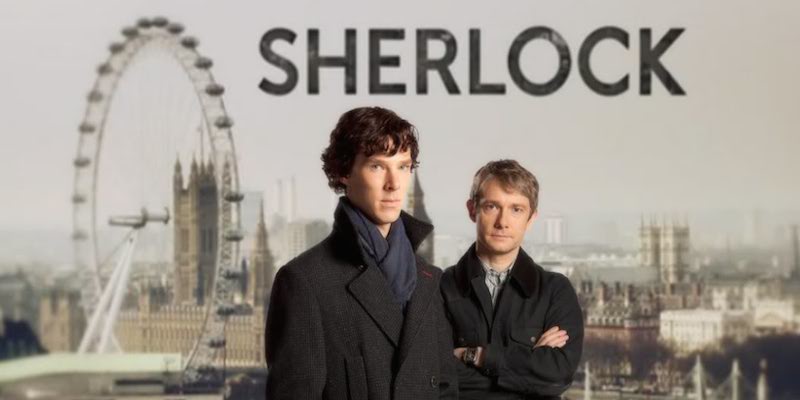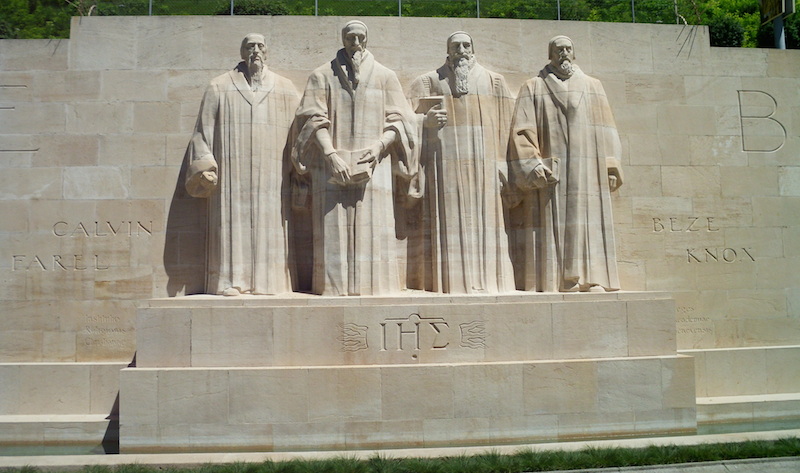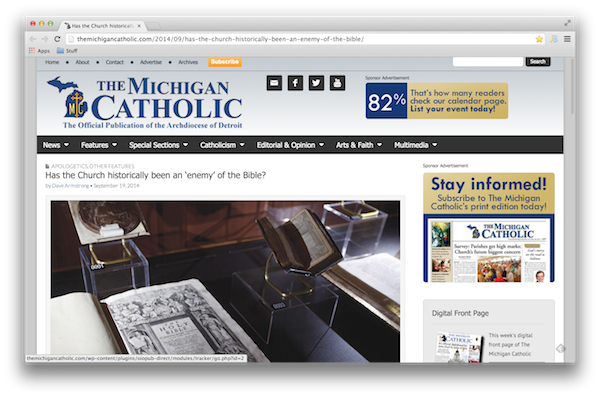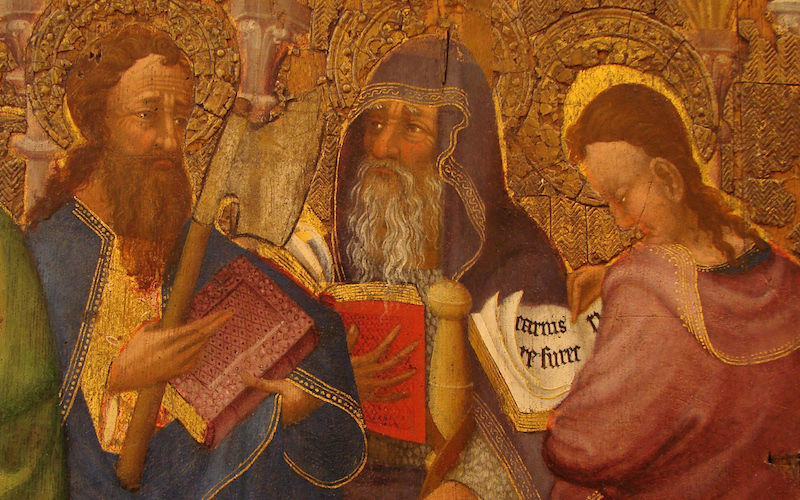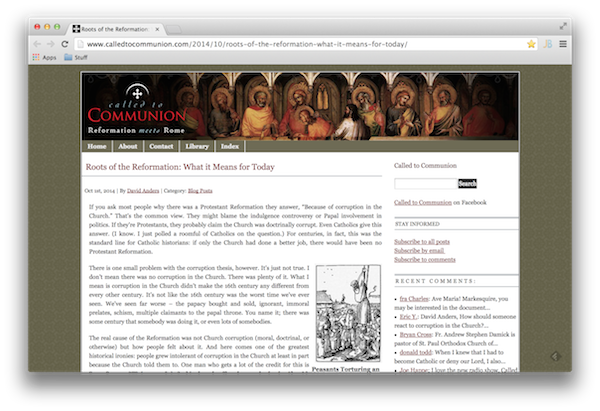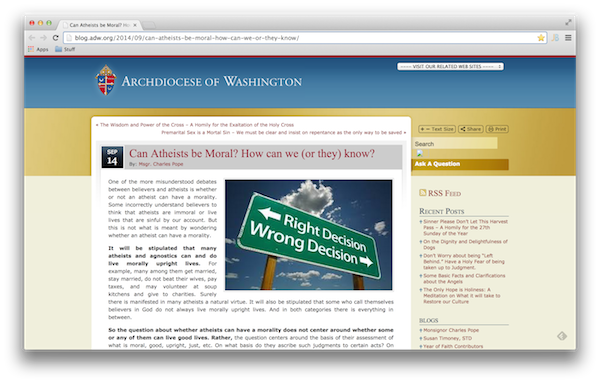History and the dog who never barked

A while ago, during a discussion in the comment section of this blog, I made the assertion that the historic Church of Christianity was the Catholic Church. A non-Catholic disputed this claim, asserting that the Catholic Church only came into existence with the reign of the Emperor Constantine.
In response to this claim, I shared with her my post entitled Before 300: Pre-Constantinian Christianity, where I provide evidence for twenty-one doctrines which were believed by Christians prior to AD 300 and the rise of Constantine. The original purpose of that post was not only to show that the Catholic Church was in existence long before Constantine arrived on scene, but also to provide non-Catholics with a simple way to compare their own beliefs to that of the early Christians.
After reading that article, my internet friend appeared to concede that the Catholic Church did actually exist from the earliest of times. Wonderful! However, despite denying its existence only moments before, she now claimed that the Catholic Church had persecuted the “true” Christians in the early centuries! I’ve heard similar claims in the past made by other Protestants as well as Muslims, in an effort to explain why the belief system that we find in the Early Church is incompatible with their own.
Today I would like to examine the assertion that the Catholic Church suppressed “true” Christianity in the early centuries and I will attempt to dismantle it using an argument which may be referred to as “The dog who never barked”…
